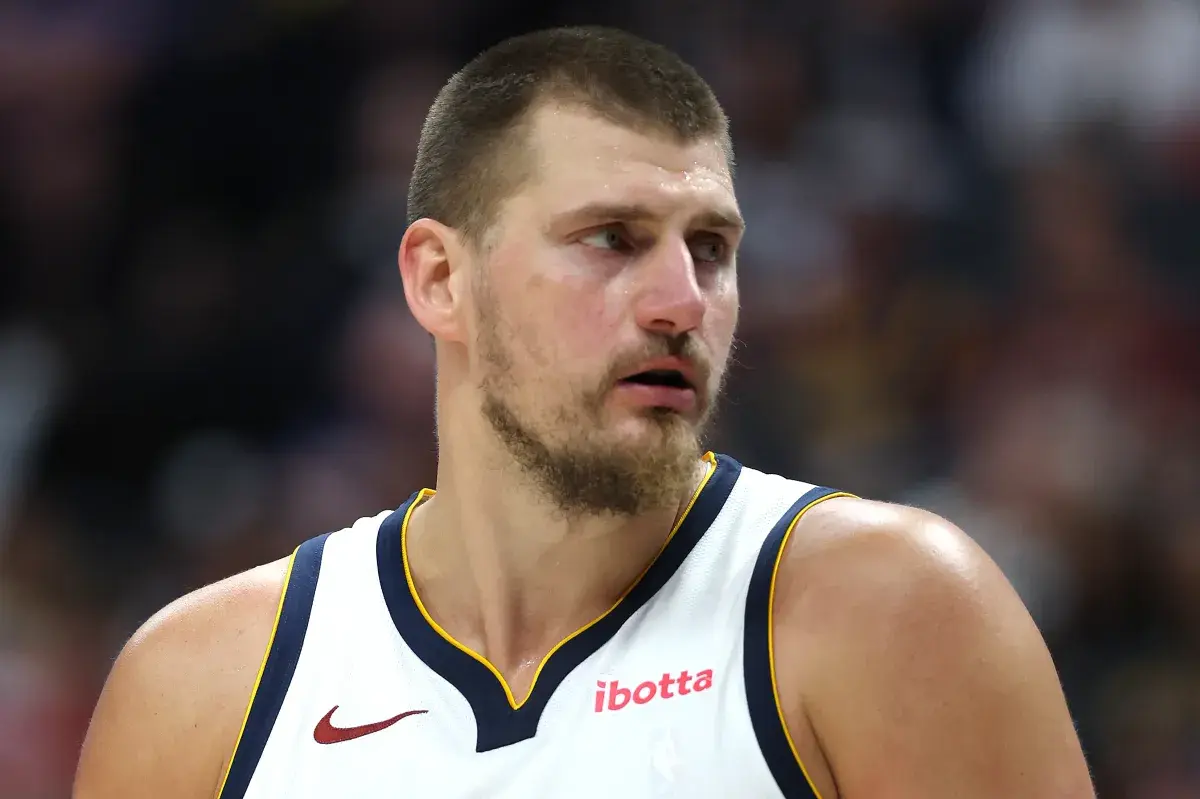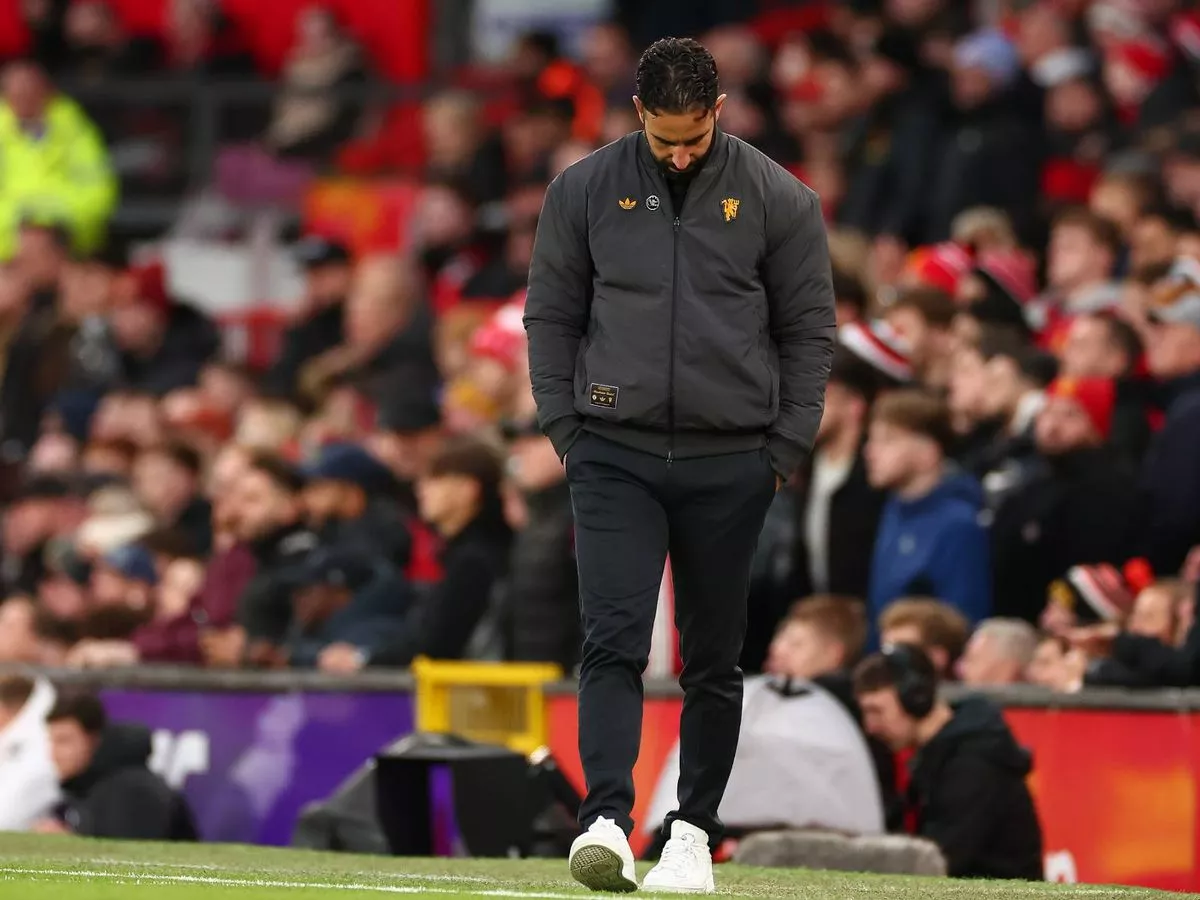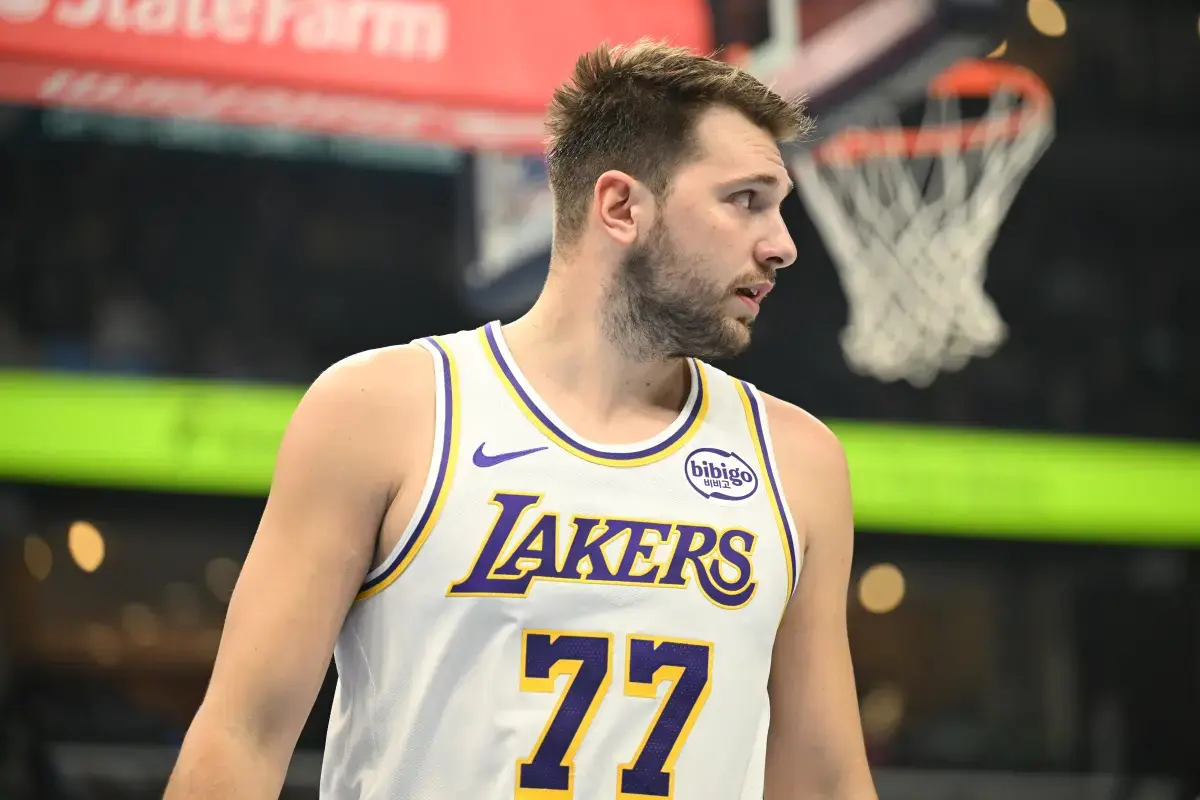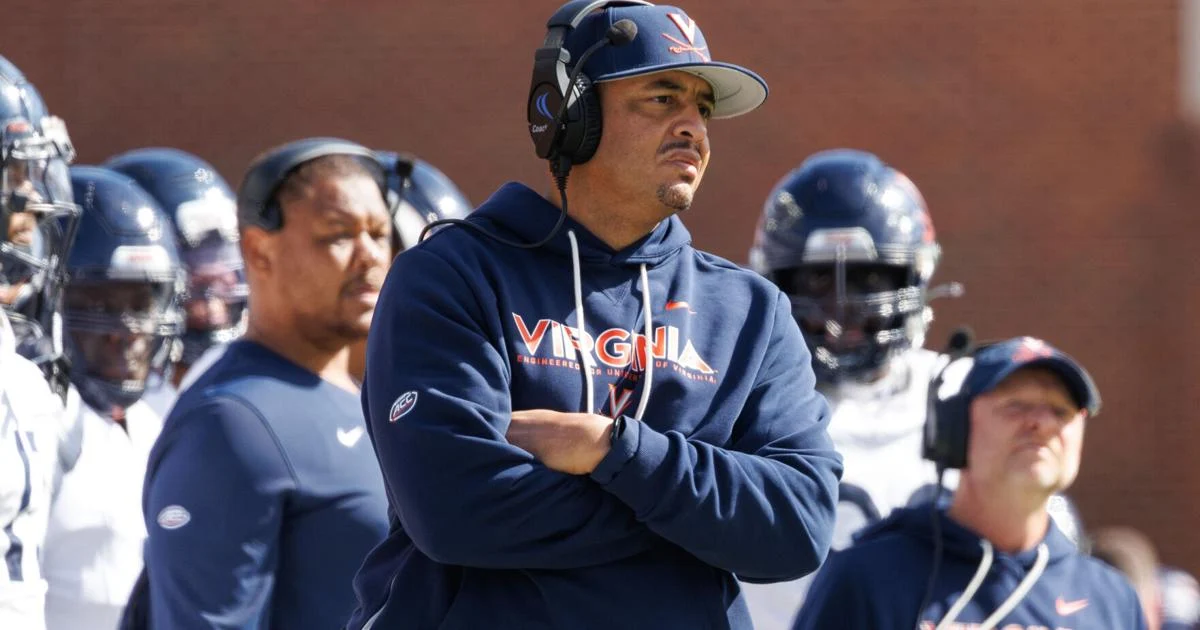Copyright syracuse.com
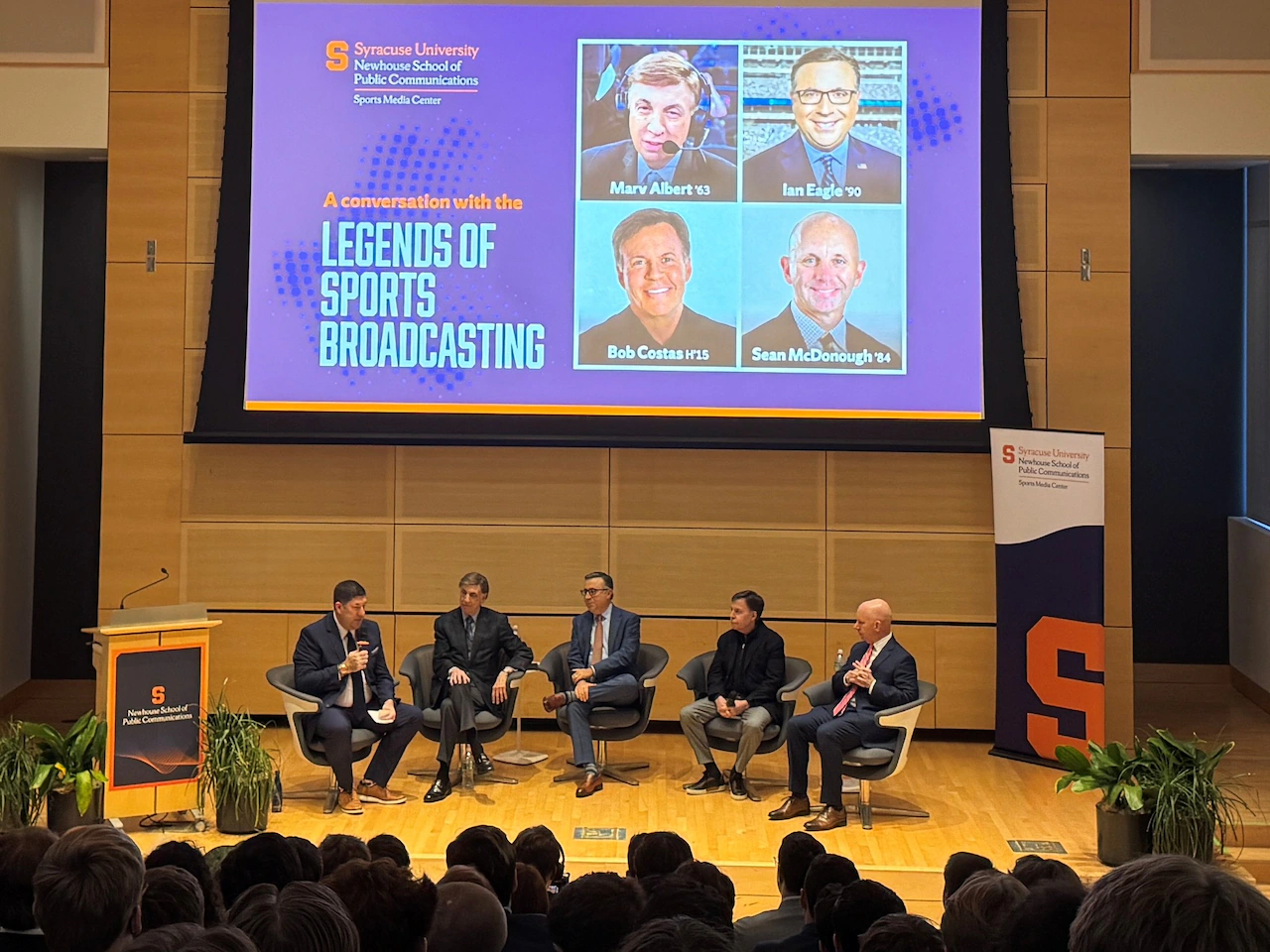
Syracuse, N.Y. — Sportscasting greats Marv Albert, Bob Costas, Ian Eagle and Sean McDonough swapped stories on their rise from Syracuse University to chronicling high-stakes games and seminal sports figures and moments over decades of esteemed work during a panel discussion Tuesday here on campus. The four men returned to campus to honor Syracuse sports’ “Voice of the Orange” Matt Park, this year’s recipient of the Marty Glickman Award, presented by the Newhouse Sports Media Center to an alum for their leadership in sports media. The 90-minute panel, moderated by Park, also included the four men’s personal memories of the pioneering Glickman and their tips to students who are training to break into the broadcast industry. Here are the best stories and moments from the panel: Glickman returns to Berlin The panelists all credited Marty Glickman for paving the way and being an example for them. Glickman, who graduated from SU in 1939, later became a legendary New York sports broadcaster. Long before Glickman’s broadcast stardom, he was a track star and running back for the Orange. Three years before his graduation, Glickman qualified to run for the United States’ 4x100 relay in the 1936 Berlin Olympics. However, because he was Jewish, officials from Adolf Hitler’s Nazi regime prevented him from competing. Fast forward nearly six decades, when Glickman had retired from broadcasting, the New York Giants and San Diego Chargers were playing a preseason football game in Berlin. Albert explained that Giants owner Wellington Mara had invited Glickman to join his team in Berlin, which he hadn’t visited since the 1936 Olympics. While working for NBC, Albert recalled doing a telecast from the box where Hitler sat during the Olympics. Costas remembers HBO producing an hour-long video of Glickman about his return to Berlin. While walking around the stadium, Glickman looked up before delivering a famous line: “He’s gone, but I’m still here.” Costas calls this year’s World Series the best he’s ever seen As part of his legendary broadcasting career, Costas called MLB playoff games for 44 years. He says this year’s Los Angeles Dodgers vs. Toronto Blue Jays World Series, which ended this past weekend, is the best he’s ever seen. “I thought about it long and hard. I think this is the best World Series that I have ever seen,” Costas said. Costas credits Freddie Freeman’s Game 2 walk-off home run that ended an 18-inning marathon and the nail-biting Games 6 and 7 for why this is his pick. Throughout the final two games, Costas felt any swing of the bat could’ve ended the Dodgers’ season in Game 6, while the same could be said for both teams in Game 7. He acknowledged the 1986 New York Mets vs. Boston Red Sox and 1991 Atlanta Braves vs. Minnesota Twins World Series, but this year’s fall classic undoubtedly sits atop Costas’ list. “This one for me is the best,” Costas added. Albert’s parents said he answered the phone like Glickman From his vast experience in sports broadcasting, Albert said that broadcasters sound like someone they like when they first start. From meticulously studying Glickman, that was who Albert sounded like. Albert’s voice resembled Glickman’s so much so that his parents told him he sounded like Glickman over the phone. Nolan Ryan’s 300th win When McDonough first hit network television, Costas heard a lot that McDonough sounded like him — much like Albert resembling Glickman. “I thought he was great from the jump, so I was flattered by that,” Costas said. In July 1990, Hall of Fame pitcher Nolan Ryan, a Texas Ranger, faced the Milwaukee Brewers. Following Texas’ 11-3 win, Ryan was awarded his 300th win. The game was being broadcast on ESPN, and McDonough was on the broadcast. However, Costas’ boss at NBC, Dick Enberg, thought Costas, who worked for him at NBC, was taking a one-off assignment. “He was all pissed off, like, ‘Wait a minute, we’re paying you a lot of money. You’re exclusive to NBC, and you went off and called this game,’ ” Costas recalls of Enberg’s reaction. The whole time, Enberg — and everyone watching — was listening to a young McDonough. Costas’ start in broadcasting Costas had never called a hockey game in his life, and he’d only attended two games in person. When meeting with a station manager to discuss broadcasting games for the Syracuse Blazers, a then-minor league professional ice hockey team, Costas said he didn’t have any hockey tapes available right now. “It wasn’t a lie, technically,” Costas said. He improvised by handing over tapes from a Syracuse Veterans’ basketball game that he called. Costas got the job, making $30 per game and receiving a $5 credit for food. After a season, Costas used the tape he had accumulated calling hockey to help land him a job at KMOX radio in St. Louis. As a 24-year-old, though he said he looked like he was 12, Costas recalled getting sent to Green Bay in 1976 for his first NFL broadcast. Four years later, he joined NBC. “I was pretty lucky, I had a magic carpet ride,” Costas said. “And I never had to contend, until recently.” How Eagle prepared himself to call the Final Four A moment of Zen prepared Eagle for one of the most pivotal days of his career. For 32 years, Jim Nantz was the voice of the Final Four. Eagle was selected as the successor, calling his first Final Four in 2024. Originally, Eagle didn’t know how he’d react to the assignment. The moment could’ve built up in his head. He could’ve approached it differently than he had in past assignments. In many ways, though, Eagle said he instead simplified it. “They hired me to do it for a reason, and don’t try to be something that you’re not,” Eagle said. It was a good exercise, in Eagle’s mind, to trust his instincts and do what he’s done to get himself to that place. Eagle said he didn’t try to be Nantz or anyone else. He was just trying to be himself. McDonough’s summer internship After his freshman year at SU, McDonough was hired for an internship with Enterprise Radio alongside three other people. One was a Green Bay native who had just finished his sophomore year at Kansas, named Kevin Harlan. Together, the two now-stars in the industry lived in an elderly Widow’s house. McDonough said she charged them $5 a day and provided meals that he described as subpar. He added that their host was “hard of hearing,” and even with how nice a person he said Harlan is, McDonough remembers his roommate asking him at the table how bad some of the food was. The bad food wasn’t McDonough’s main takeaway from the summer. “I just remember watching Kevin the whole summer, thinking, ‘Oh my god, I’m never going to be doing this,’ because he’s amazing,” McDonough said. McDonough then encouraged the audience to believe in themselves. “If you’re talented, it will be recognized,” he added.
